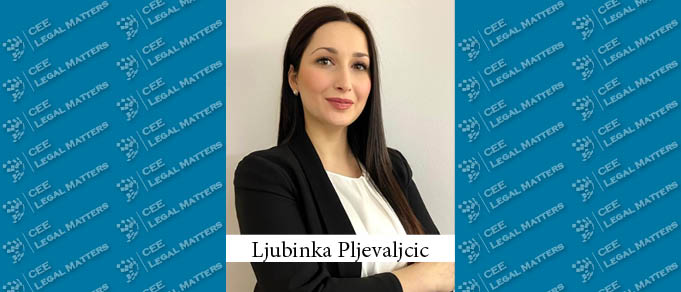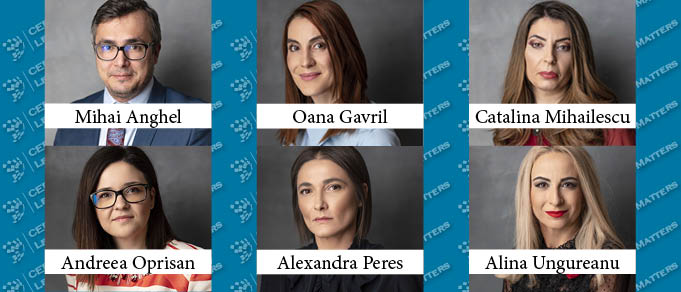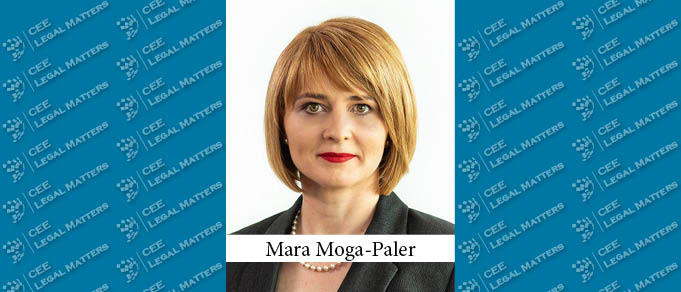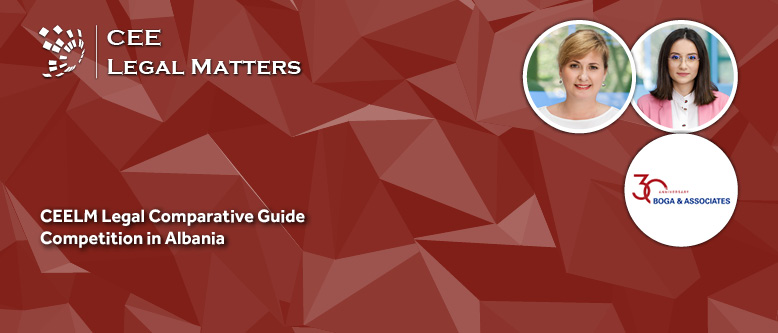Ljubinka Pljevaljcic has been promoted to Partner at Doklestic, Repic & Gajin.
Six New Partners at Tuca Zbarcea & Asociatii
Tuca Zbarcea & Asociatii has announced six new partners in its most recent promotion round. As of January 1, 2022, the firm’s new Partners are Mihai Anghel, Oana Gavril, Catalina Mihailescu, Andreea Oprisan, Alexandra Peres, and Alina Ungureanu.
Employee Training: Working Time or Rest Period?
Employers must ensure that the period during which an employee attends vocational training required by the employer is regarded as working time. Although the period allocated to such training does not meet all the conditions under European labour law for "working time", a recent decision of the Court of Justice of the European Union ("CJEU") provides a number of important clarifications in this respect. It is advisable for employers to pay attention to the developments introduced by this decision, which is expected to bring about a change in the practice of national courts.
The Applicable Labour Law for Employees of a Hungarian Employer While Working Abroad
A Hungarian company in the field of the construction industry is constantly posting workers to different member states of the European Union. According to the labour agreement of employer and employees the applicable law is Hungarian, however, the mandatory health and safety provisions of the place of work based on the Directive 96/71/EC of the European Parliament and of the Council of 16 December 1996 concerning the posting of workers in the framework of the provision of services – if these have a stronger protection - must be applied.
Whistleblower Protection Act Will Soon be Implemented in Poland
According to the information on the website of the Polish government, in the Ministry of Family and Social Policy, works on the bill which is supposed to implement Directive (EU) 2019/1937 of the European Parliament and of the Council of 23 October 2019 on the protection of persons who report breaches of Union law are in progress. According to the provisions of the directive, Poland is supposed to implement the whistleblower protection regulations into its legal system by 17 December 2021.
Significant Minimum Wage Increase Confirmed in Hungary
From 2022 the new general gross minimum wage will be HUF 200,000 (approximately EUR 550).
What is Stipulated by the Recent Amendments to the Law on Free Access to the Information of Public Importance?
On November 16, 2021, amendments to the Law on Free Access to the Information of Public Importance (the “Law”) entered into force, as they had been published in the Official Gazette of the RS no. 105/2021 of November 8, 2021, whereby they were passed for the purpose of alignment with relevant regulations adopted in the meantime, such as the Law on Data Secrecy and the Law on Personal Data Protection, and international standards in the respective field, as well as introduction of mechanisms to ensure that the authorities act in accordance with their legal duties, and that information seekers enact their rights under the Law exclusively for the purposes stipulated therein.
































